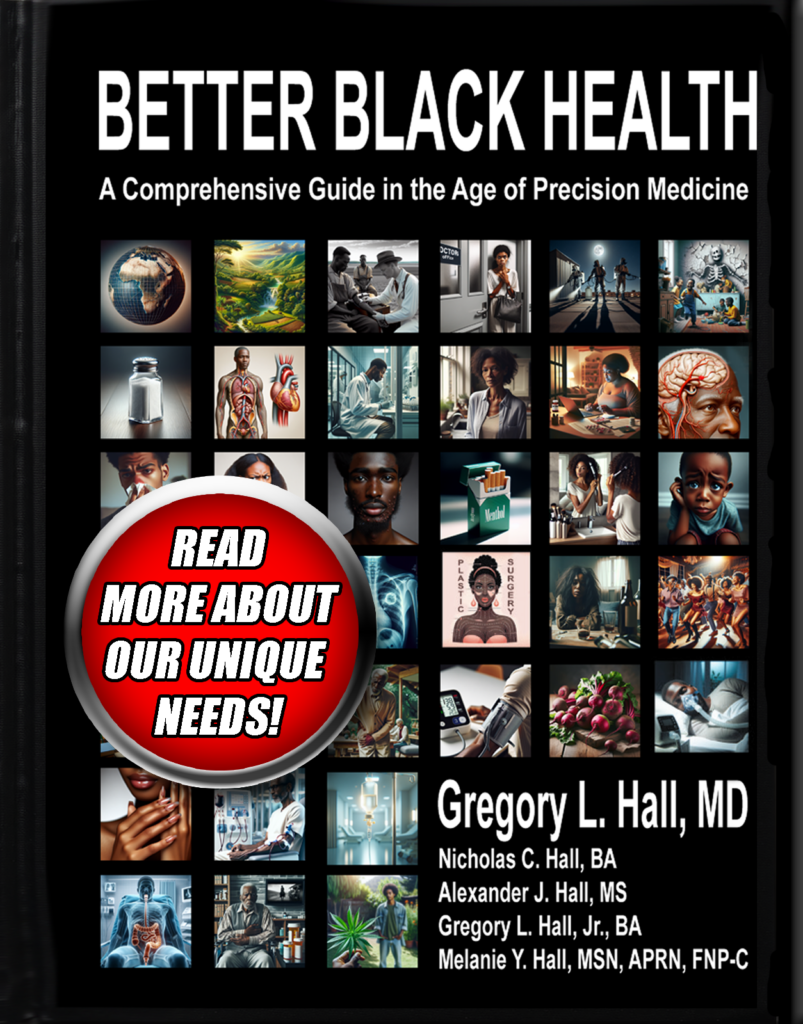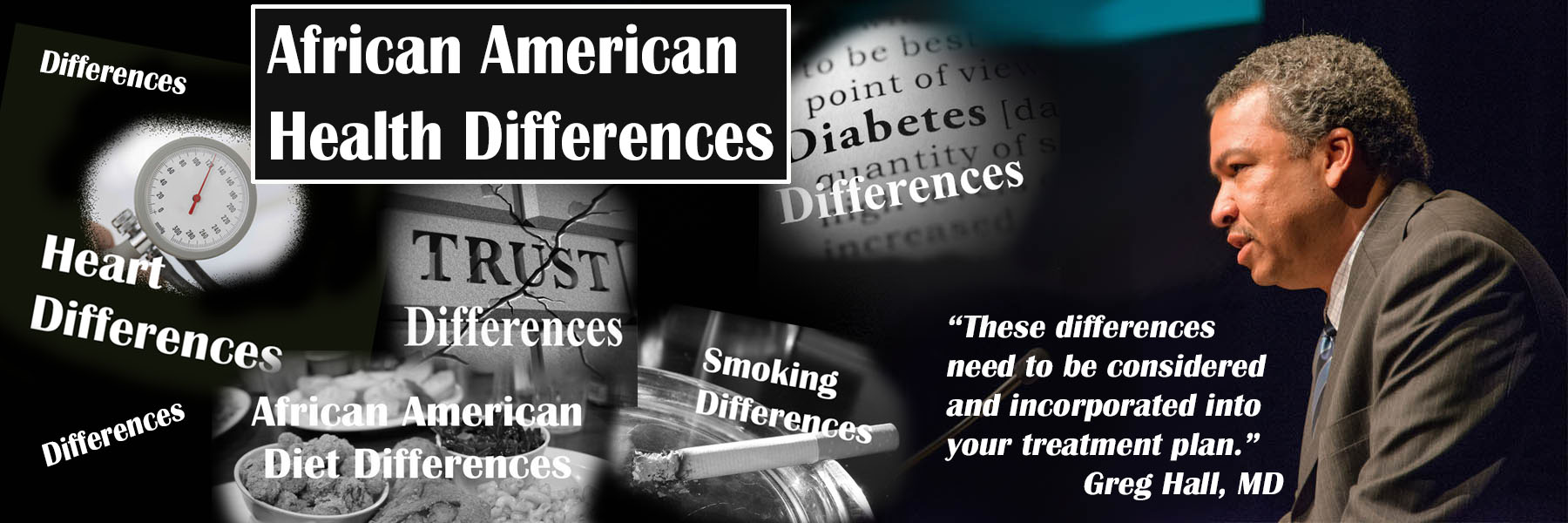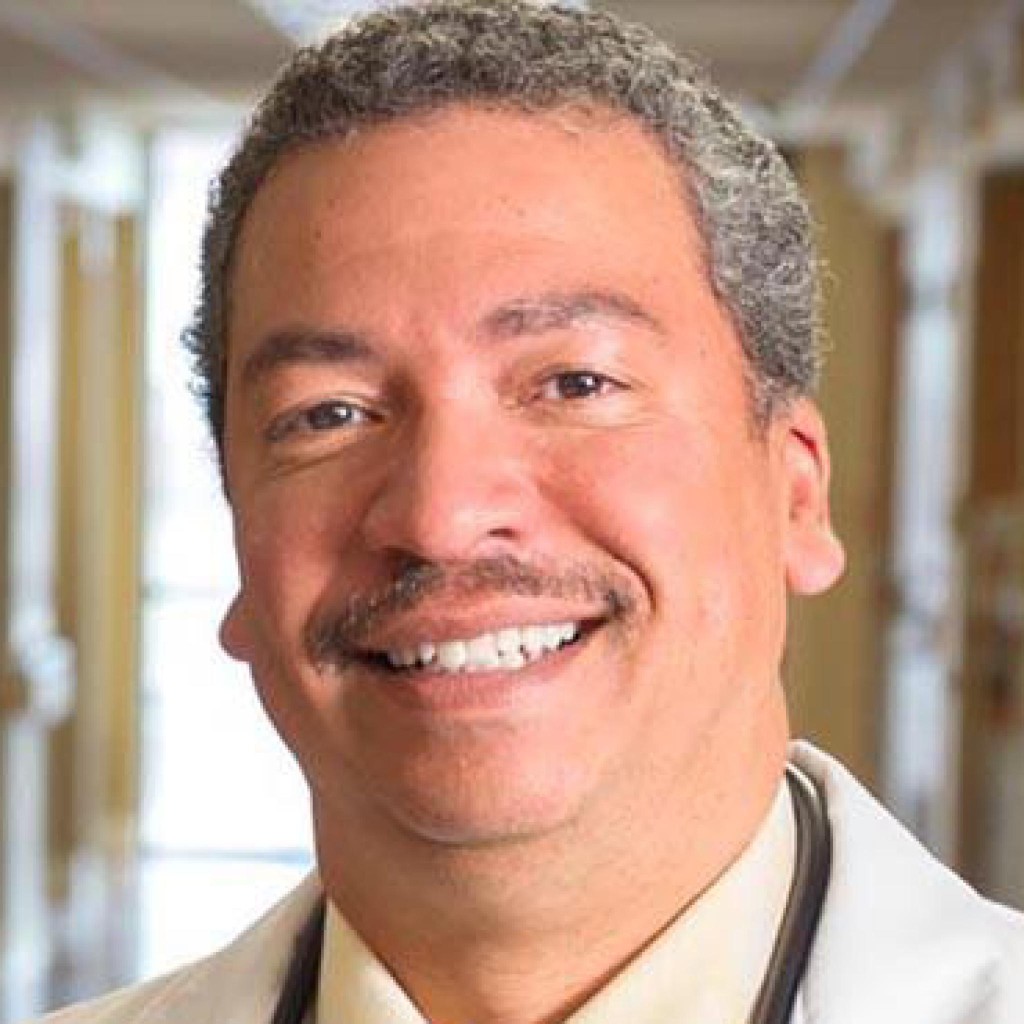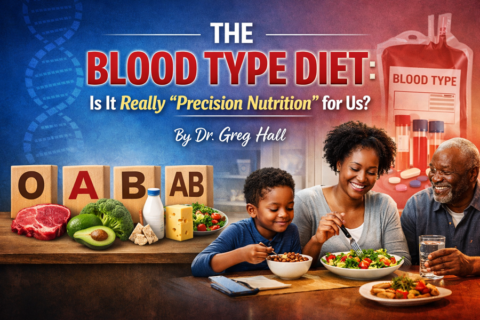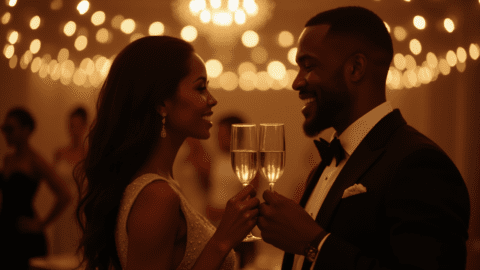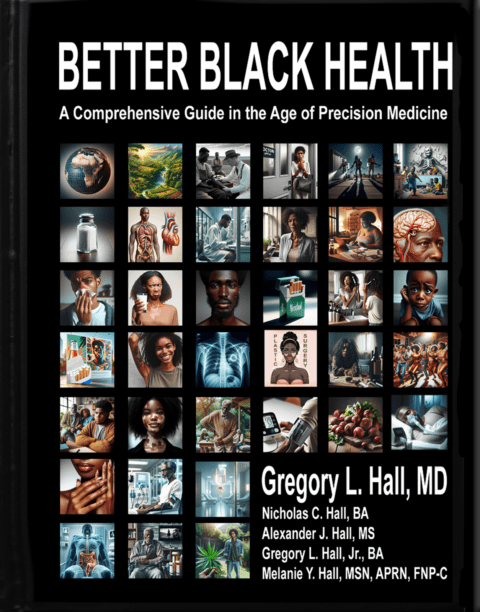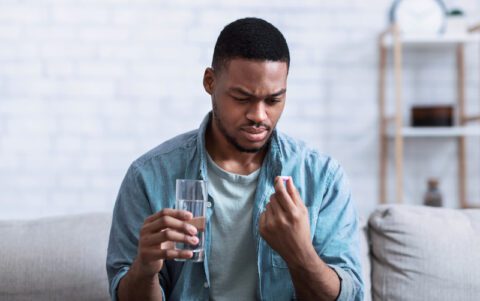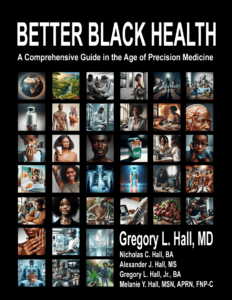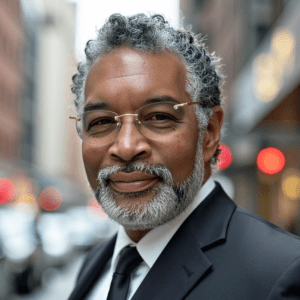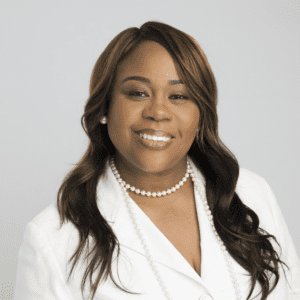Sleep Apnea is more common in African Americans
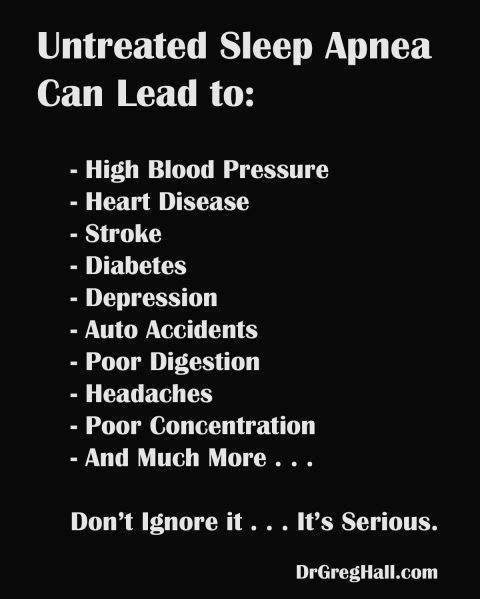
A recent study confirmed there is more sleep apnea in African Americans than in Whites. Sleep apnea (also call Obstructive Sleep Apnea / “OSA”) is a condition where people repeatedly stop breathing while they sleep. The outcome is a very poor sleep cycle and interrupted sleep. The lost sleep leads to daytime sleepiness, fatigue, poor concentration, poor energy, increased high blood pressure, heart disease, poor digestion and metabolism, and more.
Scientists found significantly increased sleep apnea patterns, more snoring, more obesity, and poor global functioning in African Americans. The same study also showed decreased formally diagnosed sleep apnea in African Americans despite the disproportional increased occurrence.
African Americans have a poorer sleep quality overall associated with worse insomnia levels and the highest levels for excessive daytime sleepiness. That increased fatigue and sleepiness can cause difficulty at work, trouble watching movies without falling asleep, difficulty with drowsiness while driving, and so on.
With prolonged loss of sleep, high blood pressure results and with that the increased risk for stroke, heart attack, and sudden death from abnormal heart rhythms.
But CPAP fixes this.
Continuous Positive Airway Pressure CPAP therapy reduces daytime sleepiness, improves depression and quality of life, and reduces deaths. Overall only about half of people with sleep apnea and a CPAP machine use it. But in African Americans the use of this life-saving treatment is even worse. Black Americans were over 5 times more likely to not use their CPAP machine than White Americans.
Because modern CPAP machines can monitor (and transmit data) about usage and sleep efficiency, researchers were able to determine that African Americans that used the CPAP machine still averaged one hour less of nightly sleep.
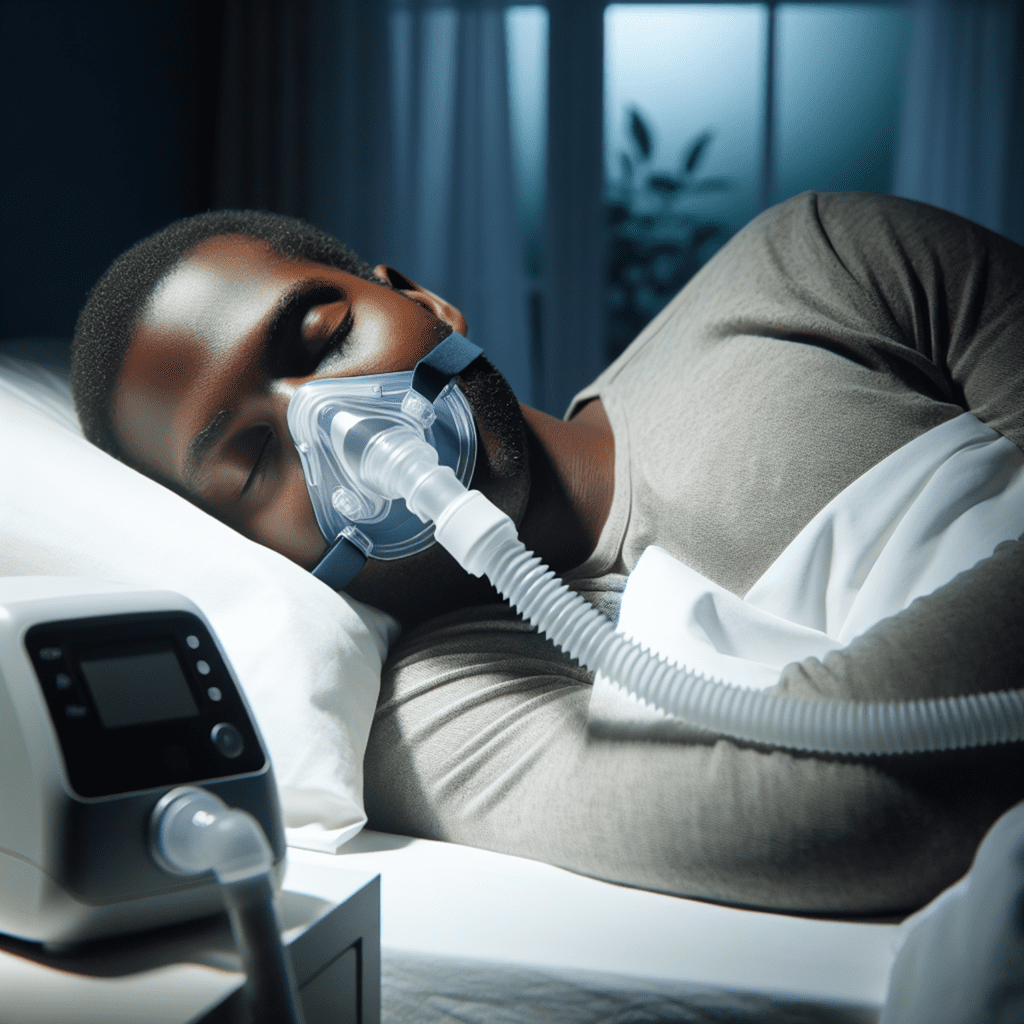
Like many health problems, African Americans show significant improvement in CPAP usage when they understand how it works . . . and why it works. A large study found that only about a quarter (26%) of African Americans were using their CPAP machine at 2 weeks compared to almost half (47%) of Whites. They also found that adjusting for income, demographics, and other diseases had no impact on its use.
The finding that African Americans with more severe sleep apnea were 3 times more likely to use CPAP than those with mild or moderate sleep apnea possibly is due to subjectively perceived effectiveness. In focus groups, African American patients said that even with the inconveniences of CPAP, they would use the device if they thought of it as helpful.
The study also failed to show a correlation between socioeconomic status in African Americans and CPAP usage . . . there was no difference between wealthier and more educated African Americans and poorer less educated African Americas in terms of who took advantage of the benefits of the CPAP machine. All were poor.
What makes African Americans avoid CPAP therapy?
The only thing that increased use of CPAP therapy in African Americans was having more severe sleep apnea. The more severe the episodes of not breathing, the higher the use of the CPAP machine. In mild and moderate sleep apnea, the patients may not trust their doctor enough to take their advice . . . this could explain the disparity.
I find that my patients prefer a Tap Pap CPAP mask that only goes into the nostrils and is held in place by your upper teeth.
This “mask” allows more sleeping on your side and is far more comfortable. Wearing the CPAP at night and getting a restful nights’ sleep is essential for health. People are shocked to hear that their heart is enlarged and may be barely functioning, or that their blood pressure is high, all due to poor sleep . . . and the simple use of CPAP therapy can potentially reverse it!
Don’t take a good night’s sleep for granted, it can literally shorten your life. And ask your sleeping partner about snoring and gaps in breathing. You could easily have sleep apnea.
